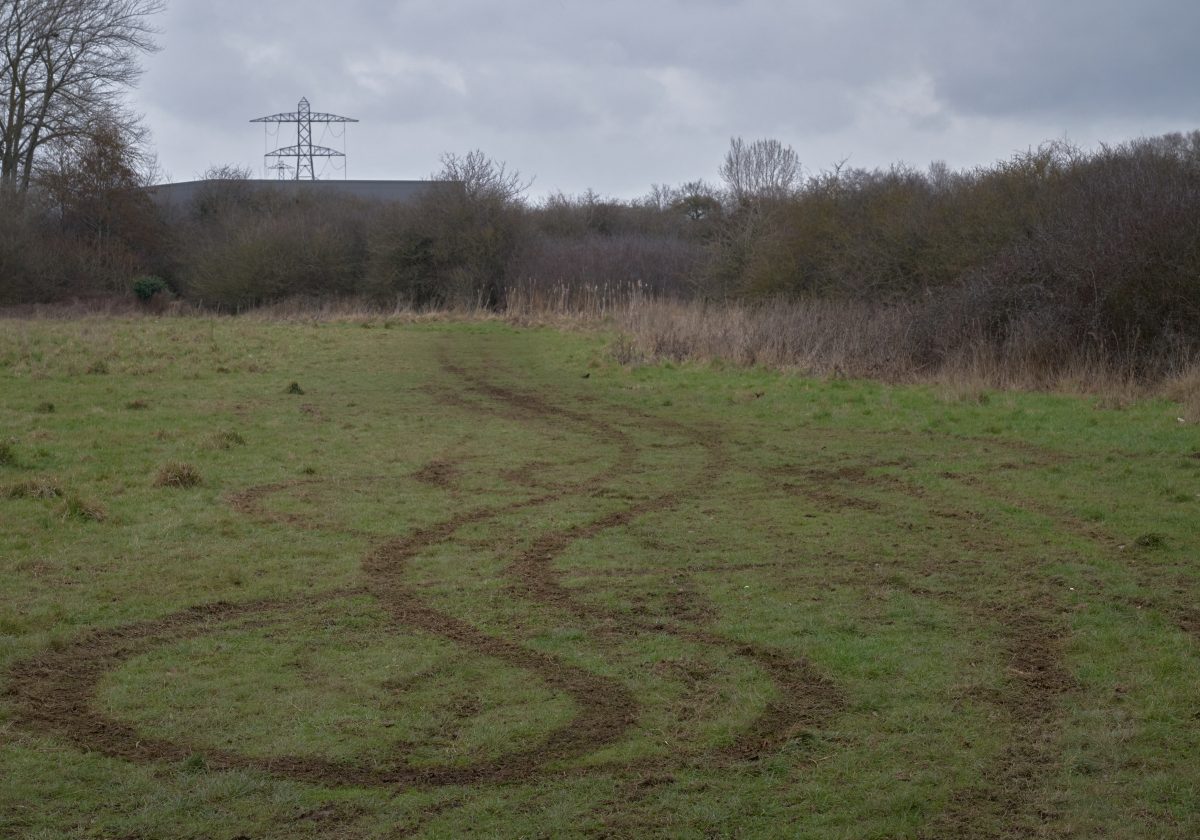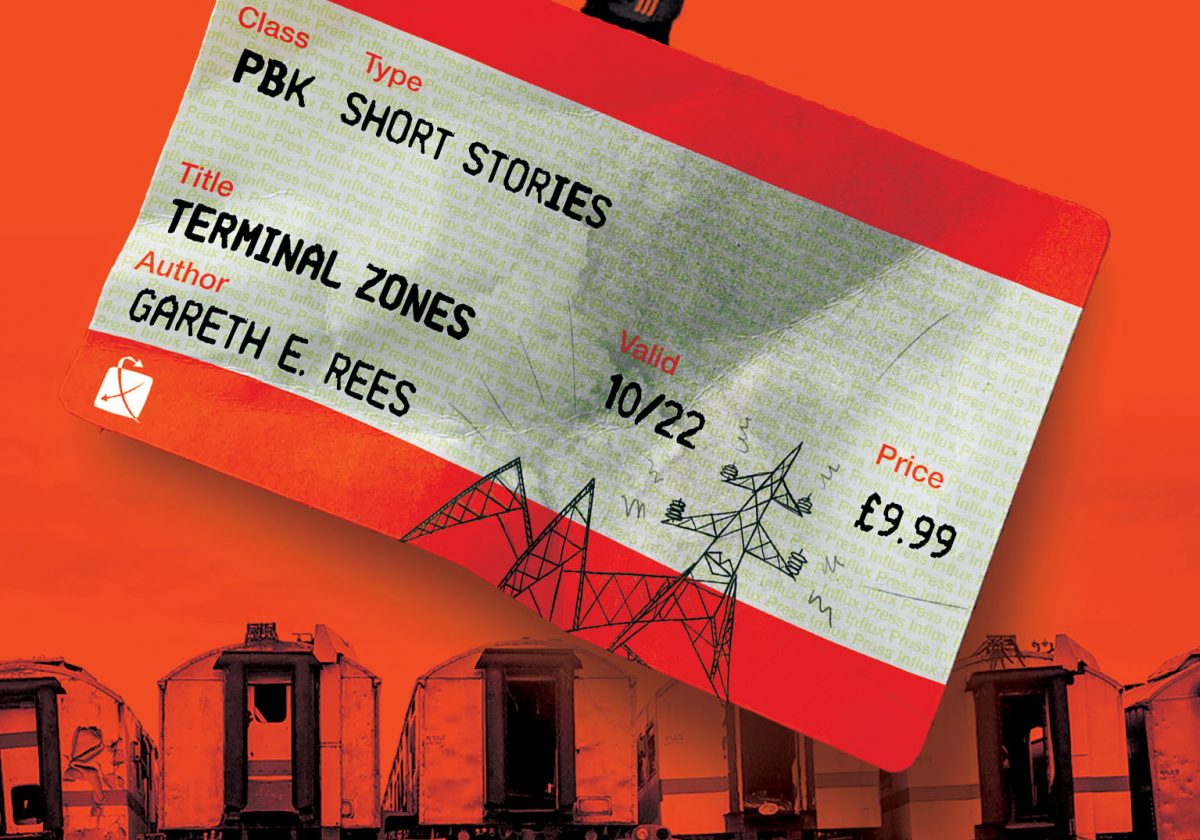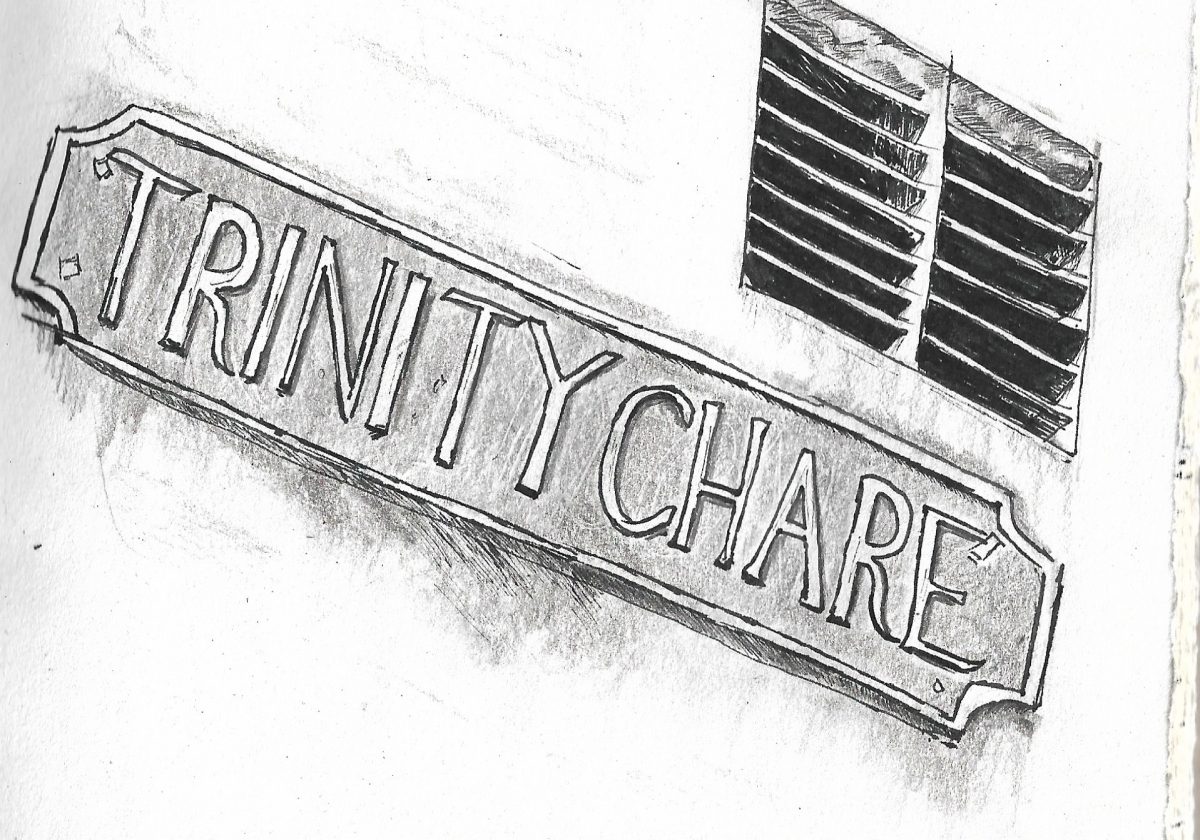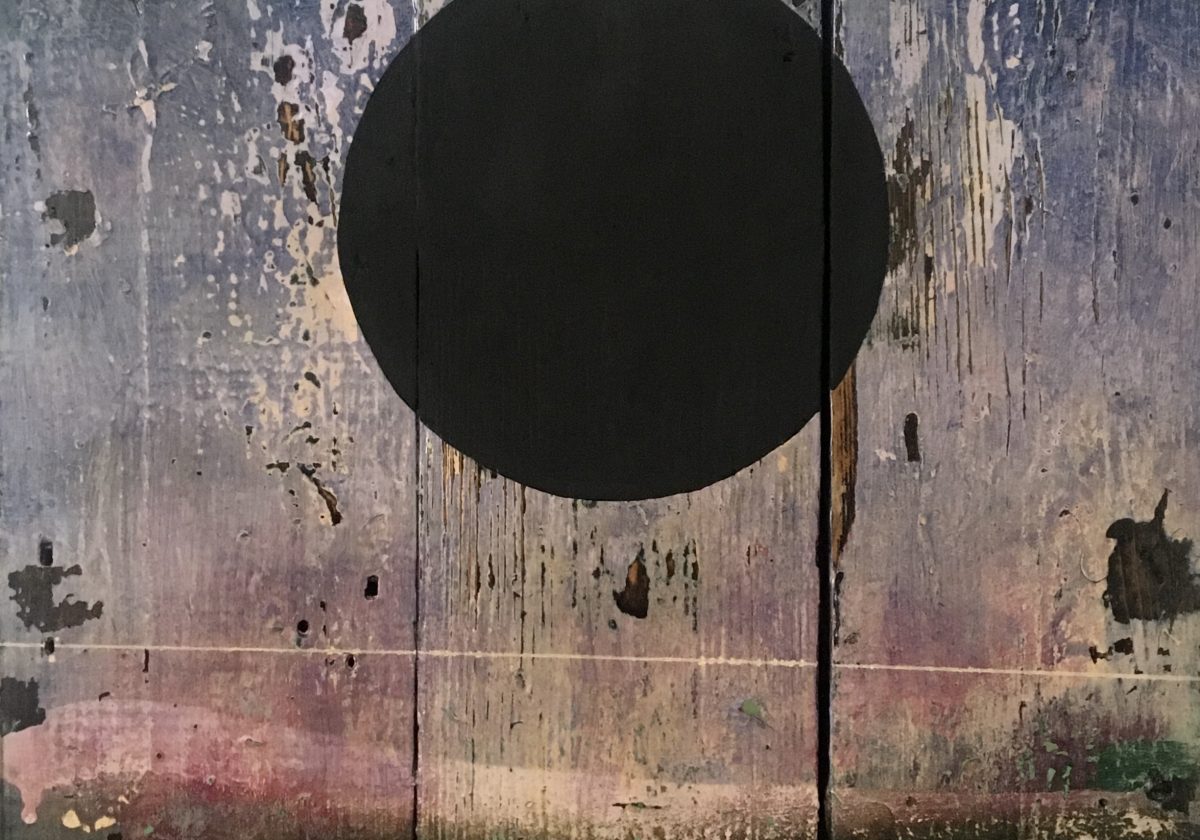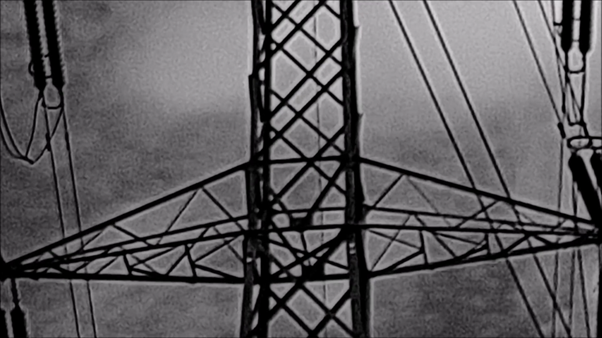WORDS: Gareth E. Rees
As a father of two young children, with a hyperactive cocker spaniel, a day job, and a second career as an author, I don’t get as much time to read books as I’d like, even in the best of times. During the ‘pandemic year’ I had to complete the final edits of my latest book, Unofficial Britain, while working, home schooling kids and indulging in my anxiety coping mechanisms – which include booze, loud psychedelic music and long walks. Then I capped it all off by getting Covid in December.
So this is absolutely NOT a ‘best of 2020’ list – I haven’t read nearly enough material to do that, even if I wanted to, which I don’t. Who am I to say what’s best? Instead, what follows is a list of some books I read in 2020 that I believe will be of interest to Unofficial Britain readers. They weren’t all published this year, but I really don’t care.
Hauntology: Ghost of Futures Past – Merlin Coverley (Old Castle Books, 2020)
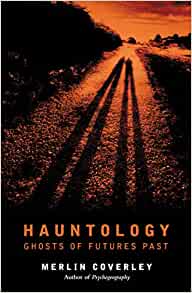
A highly readable, comprehensive account of hauntology, going right back to its 19th Century origins, with 1848 being ground zero, with the publication of The Communist Manifesto. Primarily, this book focusses on the literary incarnations of hauntology, rather than its musical legacy, covering Freud, Dickens, Derrida, JG Ballard, Nigel Kneale and Mark Fisher. Why are we so haunted by our recent past? And what has happened to the future in which we once believed?
The English Heretic Collection: Ritual Histories, Magickal Geography – Andy Sharp (Repeater, 2020)
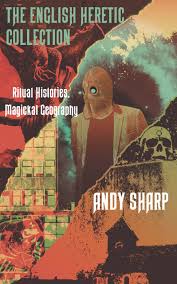
This is mind-blowing stuff. Andy Sharp draws tremulous lines of synchronistic connection between the British landscape and a host of artists, occultists and historical figures, tracing magickal connections beneath the surface of our reality. While it’s ostensibly a collection of Sharp’s work over the years, the book has a weird, mad coherence. You will feel altered, very slightly after reading this, but you won’t know precisely why.
Settling the World – M John Harrison (Comma Press, 2020)
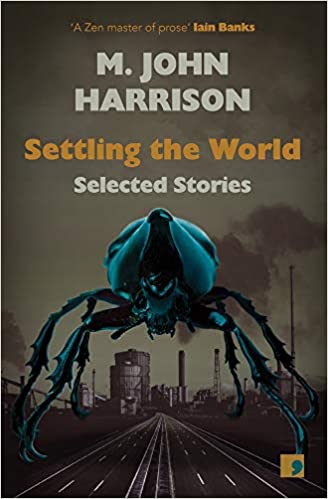
M John Harrison is my favourite living author, a huge influence behind my own work, and this collection of weird short stories spanning 50 years of his work makes a great primer. Harrison writes brilliantly about the spectral qualities of everyday urban place, where inexplicable forces operate behind the veil of the apparent. God’s motorway rumbles with trucks hauling transported body parts through the industrial Midlands. A mourning train passenger wanders into a spectral Kentish town where time is out of joint. A man’s troubled psych appears to be manifesting a catastrophic physical collapse of the geology around him. This is a journey though an unsettling, unsettled world.
Ghost Town: A Liverpool Shadowplay – Jeff Young (Little Toller, 2020)

An autobiographical portrait of Liverpool in the second half of the 20th Century. What distinguishes this book is Young’s poetic expression of memory – its uncertainty, fluidity and inherent ghostliness. This is the city as a “ruined dream-space”, a “ritual world where the cinema trip and bonfire night have as much mythic and emotional resonance as the hospital visit”. In the act of remembering and retelling, everyday urban life can become mythic and folkloric.
High Static, Dead Lines – Sonic Spectres & the Object Hereafter – Kristen Gallerneaux (Strange Attractor Press, 2018)
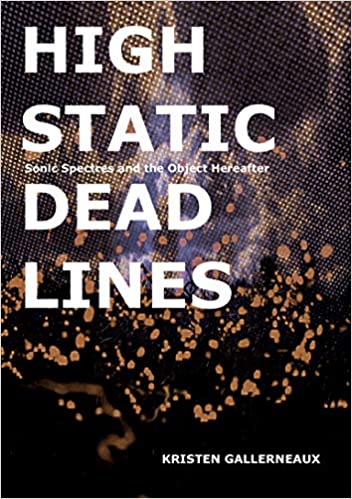
This is a book about how technology can be haunted. Sonic spectres manifest through the electronic and mechanical artefacts of the 19th and 20th Centuries, from phone lines and television sets to Moog synthesisers and magnetic tape. Gallernaux’s book itself is a thrilling object to look at, illustrated with haunting collages created by the author.
London Incognita – Gary Budden (Dead Ink, 2020)

If you love intelligent horror writing then this book of weird stories is for you. Troubled outsiders are tormented by demonic forces lurking in the decayed concrete underworlds of the capital city. This is the fever dream of a London built by degenerate architects, its fragmenting edges haunted by the ghosts of its past. You can read more of Gary Budden’s work on this website. Take a look here.
The Memory of Place: A Phenomenology of the Uncanny – Dylan Trigg (Ohio University Press, 2012)
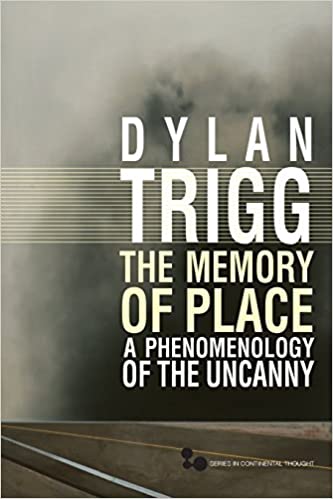
This is an academic book I’ve been dipping in and out of this year, in search of inspiration for my own work. It looks at how place and memory are inextricably intertwined. In part, places are real and objective, unknowable to us in their entirety. But in other ways, places are psychological entities – extensions of our bodies and minds. In both senses, they are spectral and uncanny.
Mudlarking – Lara Maiklem (Bloomsbury Circus, 2019)
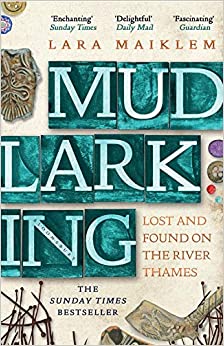
The Thames is a repository of memory, the exposed banks of which reveal a shattered unofficial history of Britain and its empire. Mudlarks are those unsung seekers on the fringe of the city, probing the remnants of times past, discovering wonderful treasures, from metal typeface cast into the depths by a disgruntled printer, to witches’ bottles and Mesolithic flints. This is a wonderfully written account of a beautiful obsession.
The Earth Wire – Joel Lane (Influx Press, 2020)
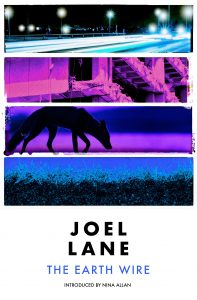
I’d not heard of the late Joel Lane before, so this was a real surprise to me. The Earth Wire is his debut collection of weird fiction, published in 1994 but reissued by Influx Press. The stories are set in the liminal city spaces of ’90s Birmingham and the Black country – car parks, underpasses, derelict factories, railway sidings and canals. The characters are as flung out and marginal as the places they inhabit, dealing with their own crumbling psychic landscapes. Brilliant stuff.
A Land – Jaquetta Hawkes (Collins UK ed. Edition, 2012)
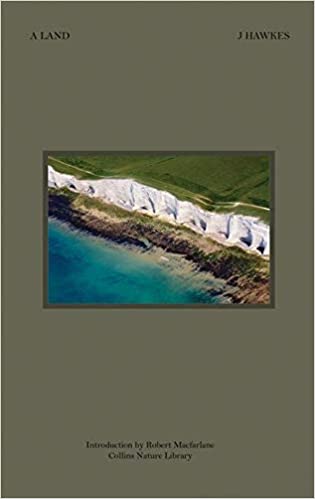
A majestic biography of the geology of the British Isles, where the land itself is an evolving consciousness, published in 1951. I read this book as Covid started to spread through our shores and I was battling on a final edit of my book. I was so bowled over by it, I had to include it in what I was writing.
“Jacquetta Hawkes takes the reader on a journey from the formation of the planet, through the geological upheavals that created what we know as Britain today, to the time in which she was writing, 1949, on the pivot of a rapidly changing century. She describes how Cambrian mud formed the Welsh slates used for roofs; how Jurassic rocks were crucial to the Bath and Portland stone structures of the eighteenth century; and how Carboniferous sandstones defined the buildings of the Victorian era, filled as they were with fossils, ancient plants and antediluvian sediments, and gave urban areas their distinct regional differences.” [From Unofficial Britain: Journeys Through Unexpected Places (Elliott & Thompson, 2020)]

ABOUT THE AUTHOR
Gareth E. Rees is author of Unofficial Britain (Elliott & Thompson, 2020) Car Park Life (Influx Press 2019), The Stone Tide (Influx Press, 2018) and Marshland (Influx Press, 2013).

